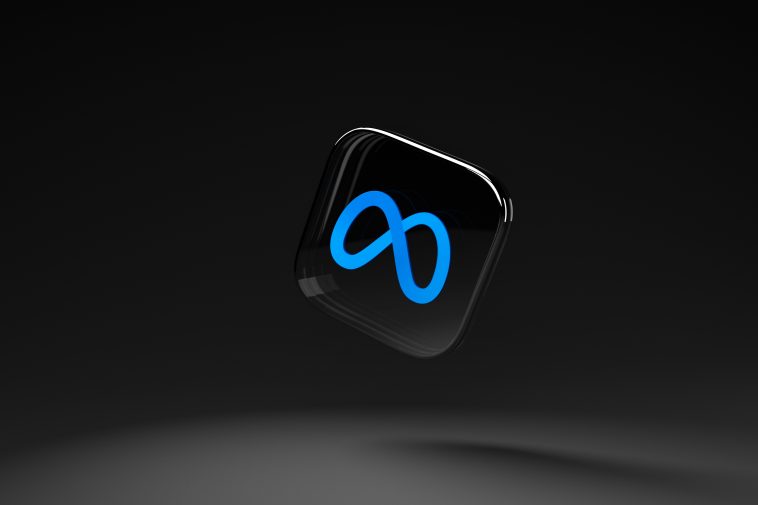Meta has opened up new avenues for content creators in Nigeria and Ghana to monetize their work on platforms like Instagram and Facebook. This development, which took effect this year, marks a departure from previous policies that excluded creators with Nigerian and Ghanaian addresses from Facebook monetization unless their pages were managed from eligible countries.
The announcement follows a statement made by Nick Clegg, Meta’s President of Global Affairs, in March 2024, promising the feature’s launch in June. Clegg emphasized that monetization would extend beyond Instagram, allowing eligible Nigerian creators to earn revenue on Facebook as well.
As of May 2024, Facebook boasted over 50 million users in Nigeria and more than 10 million in Ghana, according to NapoleonCat. This vast user base presents a substantial opportunity for content creators in these countries to tap into new revenue streams.
The approved feature enables creators to earn through various channels, including in-stream ads and live ads on Facebook. In-stream ads allow for advertisement placement within new or existing videos, including live content. Meta’s system automatically identifies natural breaks in videos for ad insertion, though creators can also choose their preferred placements.
Ad formats include pre-roll ads that play before the video, mid-roll ads that interrupt the content, image ads appearing below the video, and after-roll ads that play following the main content. Earnings from these ads depend on factors such as advertiser demand and the number of video views.
Beyond in-stream and live ads, creators can also monetize through ads on reels, bonuses, and subscriptions, expanding their potential income sources on Meta platforms.
This development comes in the wake of recent changes in Ghana’s tax landscape. In April 2024, Ghanaian-based content creators and influencers earning from platforms like YouTube, X, and TikTok were required to pay taxes on their earnings. This requirement also extended to remote workers using platforms such as Fiverr and Upwork.
With the introduction of monetization on Meta platforms, it’s likely that earnings from Facebook and Instagram may also become subject to taxation for creators in Ghana and potentially Nigeria.
The expansion of monetization opportunities isn’t limited to Nigeria and Ghana. In March, Clegg mentioned that Kenyan content creators would also have the chance to earn from Facebook and Instagram starting June 2024, provided they meet the eligibility criteria.
This announcement follows a report from December 2023, which revealed that after a year of negotiations with the Kenyan government, Facebook and Instagram content creators in Kenya would soon be able to monetize their content on Meta platforms. Kenyan President William Ruto stated that this initiative would begin with a trial program involving qualified national creators before expanding to offer broader monetization options.
As Meta continues to expand its monetization features across different African countries, content creators in these regions stand to benefit from new income opportunities, potentially transforming the digital content landscape in Africa.





